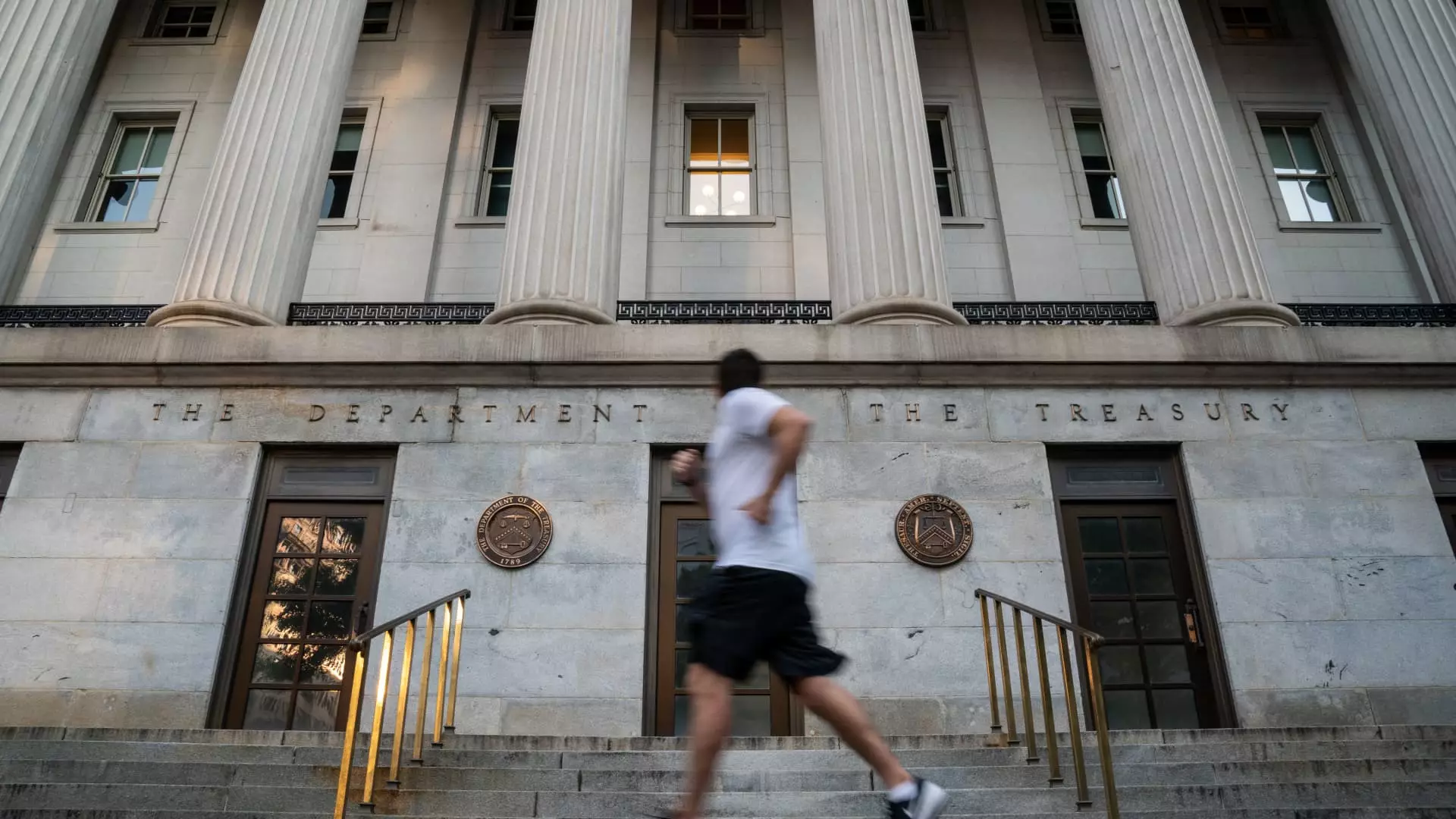In a striking move that warrants both skepticism and concern, the U.S. Department of Treasury has recently decided to eliminate a critical requirement mandating small businesses to report their beneficial owners. This decision has emerged from a convoluted saga surrounding the Corporate Transparency Act (CTA), passed back in 2021 to enhance transparency in corporate ownership. The very essence of this legislation was to protect the integrity of our financial systems by minimizing opportunities for criminal enterprises to exploit corporate structures for money laundering and other illicit activities. But in a development that screams of regulatory rollback, the Financial Crimes Enforcement Network (FinCEN) has now exempted U.S. citizens and companies from reporting their ownership details. This reversal is not just a policy tweak; it is a radical departure from the intention of the CTA and a concerning indictment of our current regulatory climate.
The Dangerous Loopholes for Criminal Activity
Legal experts have voiced grave concerns that this interim final rule will empower malign actors to obscure their financial dealings under a veil of anonymity. Erin Bryan, a partner at Dorsey & Whitney, articulates these fears by stating that the rule “absolutely waters down the law,” suggesting that many shell companies will now evade scrutiny. The reduction of the estimated required entities from 32.6 million to a mere 20,000 in the first year alone is astonishing. This truncation is a gaping loophole through which illicit activities can slide, rendering the initial intent of the corporate transparency legislation meaningless. This change not only diminishes accountability but also jeopardizes the very fabric of our democracy, which thrives on transparency and public trust. By allowing such vulnerabilities, we invite corruption into the very structures designed to uphold civic responsibility.
A Reflection of a Broader Deregulatory Agenda
The decision to roll back these reporting requirements cannot be viewed in isolation; rather, it reflects a broader trend in our political landscape where deregulation is increasingly prioritized over public accountability. This policy upheaval aligns with the deregulatory directives espoused during the Trump administration, which sought to dismantle useful regulations under the guise of economic freedom. Andrea Gacki, FinCEN’s director, anchors her justification in “reassessing the balance” between regulatory burdens and the usefulness of beneficial ownership reporting. However, this rationale reeks of convenience for those seeking to minimize accountability. In the attempt to ease burdens on businesses, the department has dismantled essential safeguards that protect against financial crimes, thereby sacrificing the public interest at the altar of business convenience.
Implications for National Security and Public Integrity
As we reconsider the ramifications of this policy shift, we must grapple with its implications for national security. Experts are already warning that the interim rule will make it significantly easier for criminals to establish shell companies to facilitate illegal activities. Scott Greytak of Transparency International U.S. has pointedly warned that criminals can now sidestep detection by simply using front companies within the U.S. This alarming reality translates into a national security risk, as these opaque practices erode the ability of law enforcement to track and combat financial crime effectively. The disinterest exhibited towards robust transparency measures sends a signal not only to prospective criminals but also to legitimate businesses that their ethical commitments may be diluted in an era of reduced oversight.
The Global Context and Contrast
We must also contemplate this regulatory retreat in relation to global practices. The majority of Western nations already enforce stringent ownership disclosure requirements, reinforcing a foundational commitment to combatting illicit financial flows. By reversing the CTA requirements, the U.S. risks falling behind in what has become an international norm designed to protect public integrity. Such an erosion of regulatory standards paints a bleak picture for American governance: it is as if we are retracing our steps while the rest of the world moves forward. In an era where global cooperation against corruption is paramount, this policy regression is tantamount to self-sabotage, undermining our position as a leader in upholding democratic values and accountability.
We face a precarious moment in time, where the virtues of transparency are weighed against the burdens of regulation. It is a moment that calls for vigilance, advocacy, and a re-commitment to the principles of accountability that anchor our democracy. The stakes could not be higher, and the need for public discourse on these matters has never been more urgent.

